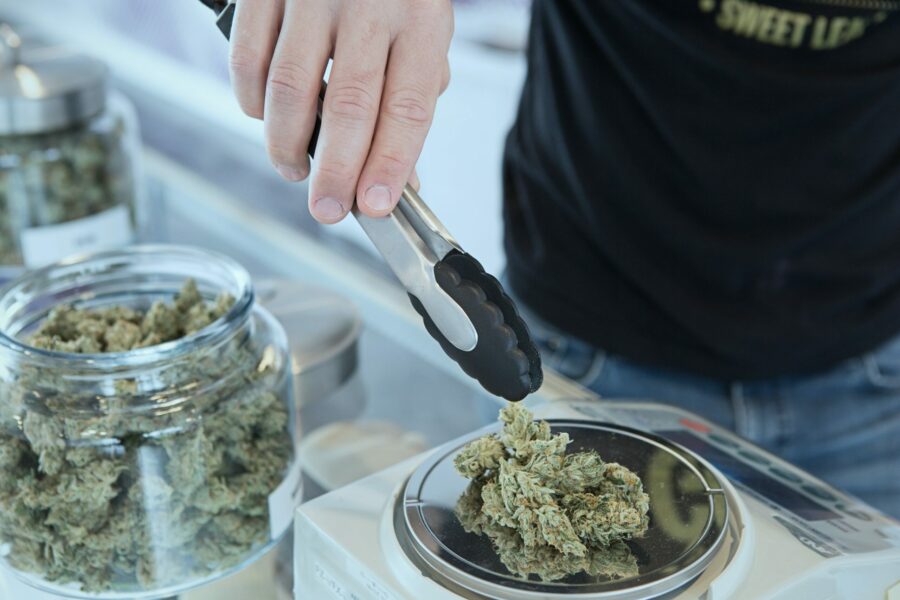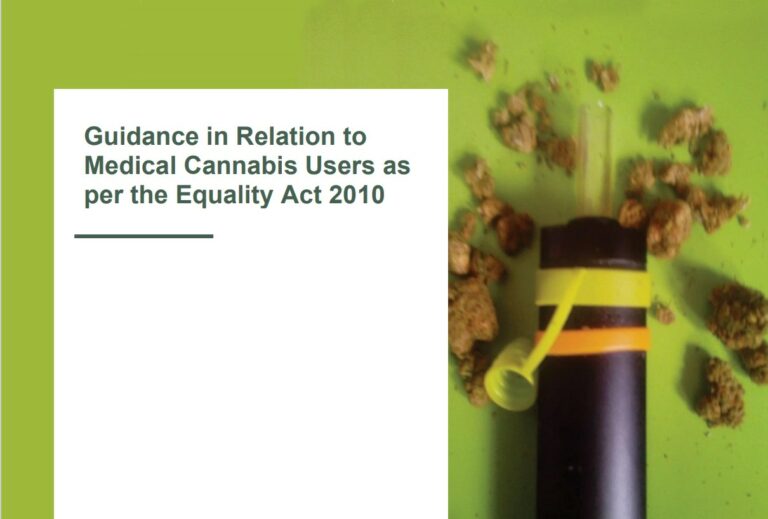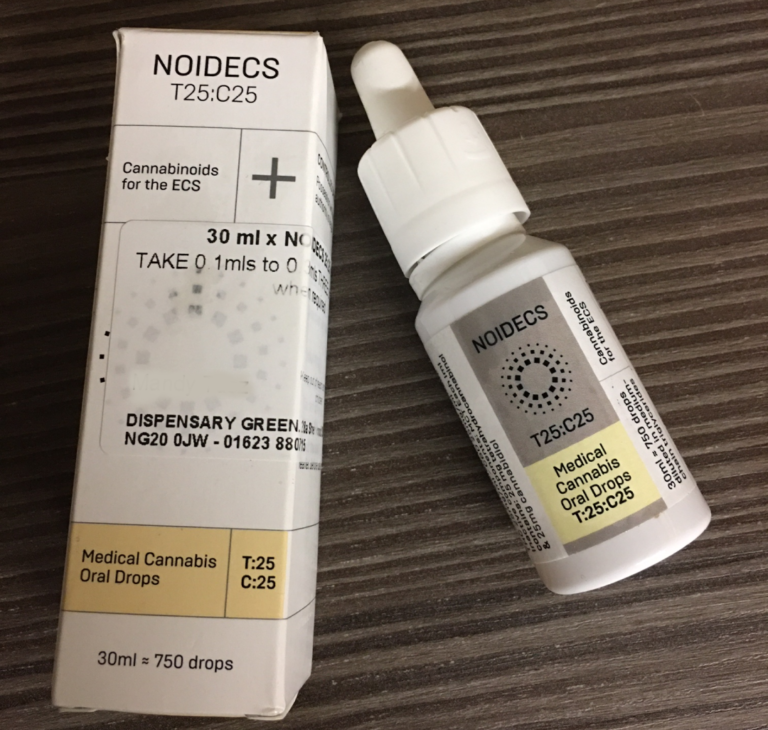Compiled by: Guy Coxall and Ali Taylor
Avoiding discrimination arising from disability
How to avoid civil litigation for discrimination arising from disability
The following information is to notify individuals, businesses and/or organisations of their legal duties in respect of the treatment of those who are using legal cannabis for medical conditions.
Cannabis (oil and/or flower) has been legally available under prescription in the UK since 1st
November 2018.
If you come across a medical user who is in possession of cannabis flower (only to be vaped) or cannabis oil, you must treat them the same as any other medical patient with a condition/disability.
The person should explain to you when asked that they are a medical cannabis user and that they use their medicine to treat their condition/disability (they are not required to inform you of what their condition/disability is).
You cannot refuse entry to an establishment or event based on their medication or disability, nor can you refuse their right to use their medication (i.e.: vaping indoors) as this would be a breach of Section
15 (1) of the Equality Act 2010.
Section 15 (1) of the Equality Act 2010 States:
15 Discrimination arising from disability
(1) A person (A) discriminates against a disabled person (B) if—
(a) A treats B unfavourably because of something arising in a consequence of B’s disability, and
(b) A cannot show that the treatment is a proportionate means of achieving a legitimate aim.
(2) Subsection (1) does not apply if A shows that A did not know, and could not reasonably have been expected to know, that B had the disability.






